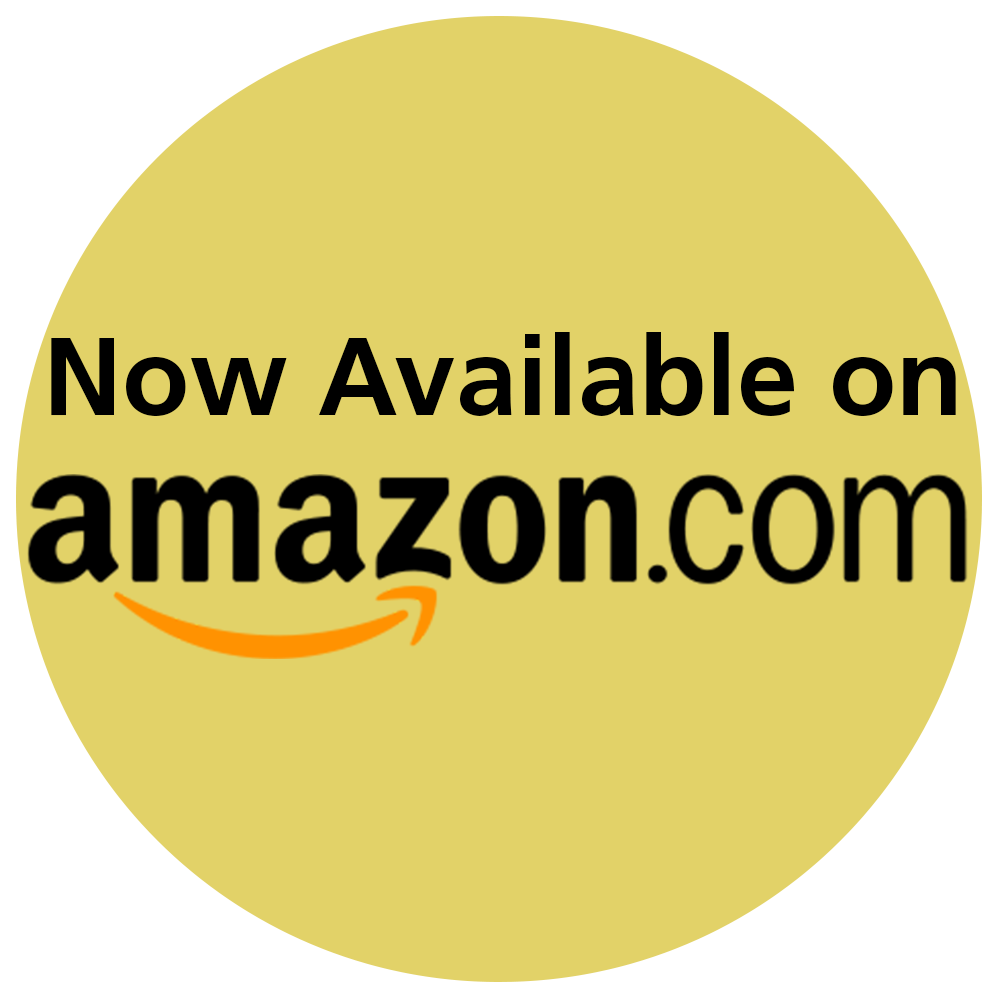Three weeks ago I had the opportunity to hear Jhukuruin Cole speak. He shared his thoughts as a member of the youth panel at the National Forum on Youth Violence Prevention’s annual Summit held in Washington D.C. Jhukuruin had recently joined the police force in Memphis.
But why did this impressive, self-possessed young African Man joining the police force? Why now? Why in the face of citizen protest –even riots –against the police in Baltimore and Ferguson and atop controversies in North Charleston, Cleveland and ferment in other cities across the nation? I had to speak with him. His young, ingenuous answers to my questions seemed uncanningly to reflect the future of policing, the very heart of police reforms beginning to sprout across the country.
Coming from a somewhat “spotty background,” Jhukuruin found mentors, “people who lifted my eyes past my zip code: Drug dealers, rappers and professional athletes were the only role models I knew about.” One mentor took him to Habitat and to homeless shelters. “This opened my eyes; and I realized I could do something. Dereck one of my mentors paid for my first suit. I went to his wedding. Ryan, my other mentor, paid for my application to the University of Memphis. They cared. I think I felt I had to give something back.”
As part of Memphis’ youth delegation to the Summit two years before, Jhukuruin met Police Chief Toney Armstrong and Major Newell. They saw something in him. “They decided to take a chance on me. They looked past my past mistakes, and saw something in me. Kinda took me under their wings. I applied to be a police officer. They encouraged me. I passed the tests. I got in.”
Jhukuruin spoke of the rigorous training, how hard it is physically — “the shooting, driving.” And he spoke about how tough the studies were, the technical and legal issues. “People don’t realize how hard it is to be a police officer. I almost dropped out. But I made it,” he told me proudly.
He started out on patrol for three months. “You were in uniform, wearing a gun? What did your old buddies think guys you used to hang with? I asked. “Well, I don’t work in my old neighborhood, but I think they respect me,” Jhukuruin said.
“So what keeps you going? What keeps your legs under you?”
“The work is really hard. But at the end of day I know I’ve helped someone each day.”
“But now you’re in enforcement! Isn’t that strange for you?”
“Well I really don’t call it enforcement.” And here Jhukuruin paused. He paused for a long time. Although not framed in policy or program terms, his thoughtful, highly personal answer to me touched the very heart of police reform. He said slowly, “Yes, sometimes you have to do what you have to do. Sometimes it’s enforcement. But to me the work is more like protection. You see I know what it’s like to go to school scared. Kids getting bullied. Kids joining gangs so they won’t get hurt. Makes me feel real good to know that the kids feel safe going to school when I’m there. Same with parks. They should be able to play. It’s hard to play when you’re scared. It’s really hard to be a kid. I don’t want it to be hard.”
He continued, touching the central nerve –trust. “I talk to the kids. If I get their trust, then they can tell me what’s going down, at school or in the park. I’ve had kids tell me that it would help if I showed up at such and such a place after school. And I do.”
This from a young African American police officer: knowledge of the community, trust building and protection first. Enforcement the last resort. Here in this young man, the future of policing.
His cell phone rang. He looked up apologetically. He has to go. He stands. Departing, he says, “I really feel proud of what I’m doing. I have a career. And I’m helping kids have better lives.”



 CathrynBig says
CathrynBig says
January 8, 2020 at 9:32 pmHello. I have checked your hopematters.org and i
see you’ve got some duplicate content so probably it is the reason that you don’t rank high in google.
But you can fix this issue fast. There is a tool that generates
content like human, just search in google: miftolo’s tools